CD3-HM20E-100μg / 询价
CD3-HM20E-500μg / 询价
CD3-HM20E-500μgx2 / 询价
- 关联产品
- 客服电话
- 技术支持
Human CD3E/CD3 epsilon Protein
Recombinant Human CD3E/CD3 epsilon Protein is expressed from HEK293 with hFc (IgG1) tag at the C-Terminus.It contains Asp23-Asp126 (C119S, C122S) [Accession | P07766].
The protein has a predicted MW of 36.1 kDa. Due to glycosylation, the protein migrates to 35-55 kDa based on Bis-Tris PAGE result.
> 95% as determined by Bis-Tris PAGE
Less than 1 EU per μg by the LAL method.
Lyophilized from 0.22 μm filtered solution in PBS (pH 7.4). Normally 8% trehalose is added as protectant before lyophilization.
Dissolve the lyophilized protein in distilled water. Please refer to the Certificate of Analysis for detailed instructions.
-20 to -80°C for 12 months as supplied from date of receipt.
-80°C for 3 months after reconstitution.
Recommend to aliquot the protein into smaller quantities for optimal storage. Please minimize freeze-thaw cycles.
T-cell surface glycoprotein CD3 epsilon&CD3 gamma chain, also known as CD3E&CD3G, are single-pass type I membrane proteins. When antigen presenting cells (APCs) activate T-cell receptor (TCR), TCR-mediated signals are transmitted across the cell membrane by the CD3 chains CD3D, CD3E, CD3G and CD3Z. All CD3 chains contain immunoreceptor tyrosine-based activation motifs (ITAMs) in their cytoplasmic domain.
CD3e; CD3E; T3E; FLJ18683; TCRE; CD3-epsilon; IMD18
(1) Penaranda C , Tang Q , Bluestone J A. Anti-CD3 Therapy Promotes Tolerance by Selectively Depleting Pathogenic Cells while Preserving Regulatory T Cells[J]. The Journal of Immunology, 2011, 187(4):2015-2022.D








